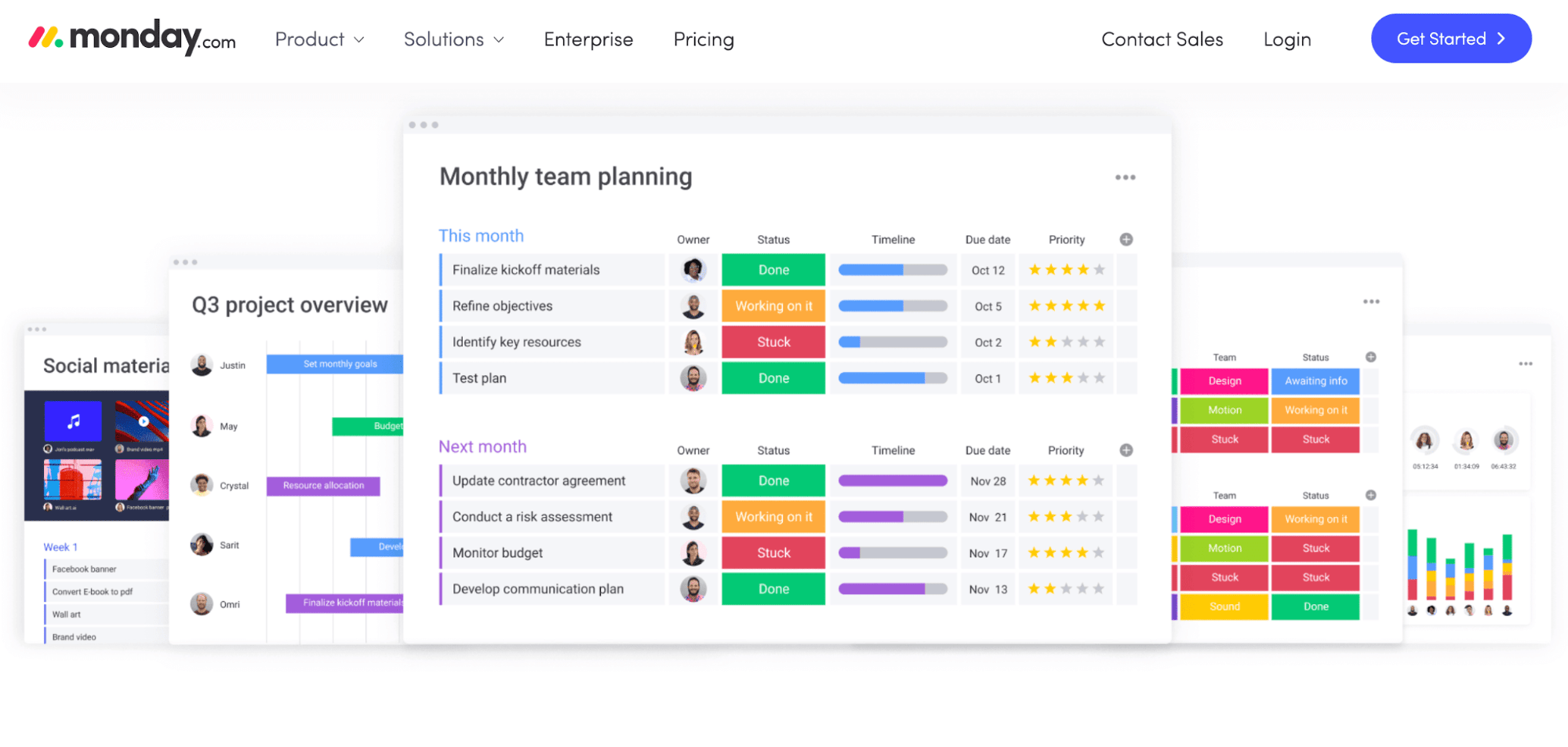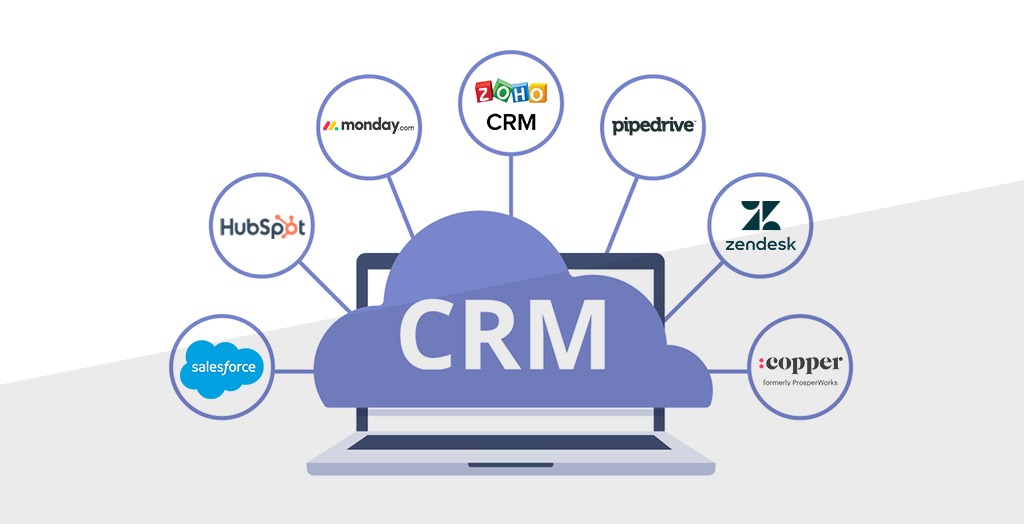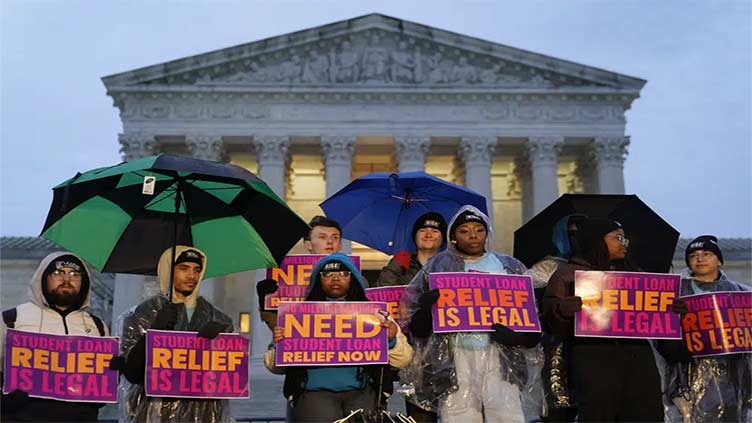Professional liability insurance, often known as E&O insurance, protects practitioners from lawsuits and client claims resulting from errors, malpractice, misrepresentations of products or services, and negligence.
This kind of insurance is intended for people who provide services or advice. Moreover, it is plausible that they now possess general liability insurance, which does not cover the scenarios above.
What is the Working Mechanism of Professional Liability Insurance?
A business and its employees are shielded from lawsuits and other claims arising from errors committed during the provision of services or advice by professional liability insurance. More accurately, coverage is typically provided in the event that a customer sustains monetary losses as a result of mistakes they made or subpar service.
If your business is sued for allegedly providing poor advice, being irresponsible, or making misleading promises, professional liability insurance will pay defense costs and settlements. Companies that provide expert services or guidance can apply for this type of insurance.
Policies with incidents as opposed to those with claims
Two types of professional liability coverage are available: claims-made and incidence.
If your policy is made through a claims process, you are covered for incidents that happen and are reported within the reporting window of your policy. This could be a date that permits an extension of coverage for some time prior to the start date of the insurance to be applied retroactively. The only option to extend a claims-made policy’s reporting period is to purchase an extension. An extended reporting period (ERP), or a tail. Incidents reported within the ERP that occur between the policy’s expiration date and the retroactive date would be covered by this. A runoff provision can also be used by businesses that are merging or buying another business.
However, if the incident occurred within the period the policy was in force, an occurrence insurance will keep you covered for the remainder of your life. Put differently, you can file a claim for up to ten years after the insurance is canceled. That might still be covered, though, if the incident took place within the insurance policy’s terms.
Protection from medical errors with insurance
This specific coverage can defend doctors, psychologists, dentists, chemists, and other medical professionals against claims of negligence or that their services resulted in death or serious injury. Healthcare professionals can obtain professional liability insurance through medical malpractice insurance.
A hospital or another business might provide coverage, or it would need to be obtained separately. It is frequently required by law.
Professional Liability Insurance Does Not Cover?
Things like • Physical mishaps in a professional’s place of business are not covered by insurance for professional liability. For example, if a client slipped and fell at an engineer’s office on a slick floor without seeing any warning signs. The professional liability policy would not cover the incident. The business’s general liability coverage would require a report on this.
• Fraudulent or illegal actions. Professional liability insurance covers mistakes made by experts. But it does not cover expenses if the professional has committed fraud or other criminal conduct on purpose. Legal fees.
Accidents caused by employees. These kinds of incidents would fall under workers’ compensation.
• Deterioration of property. Commercial property insurance would pay for any damage to the building’s tools, equipment, and structure.
Who Needs Professional Liability Insurance?
Companies that provide expert advice or services are protected by professional liability insurance. Typical clientele includes professionals such as doctors, lawyers, contractors, architects, accountants, CEOs, board members, consultants, engineers, financial advisers, insurance agents, real estate agents, and religious leaders.
Legal requirements for professional liability insurance may vary depending on your place of residence. The norms of your field, and any credentials you may possess.
It is legally required for doctors to carry medical malpractice insurance in almost all states.
Kinds of Professional Liability Insurance
Professional liability insurance is available in two different forms:
• Claims-made policy: Only occurrences that happen and are reported during the policy’s active period are covered if you have a claims-made policy. In order to cover claims that may be made after the policy expires but within the selected term, you can select an extended reporting period (ERP) and a retroactive date, which will extend coverage to events that occurred between the selected date and the policy’s effective date.
• Occurrence policy: Even if you report an incident after it has been canceled or expired. You are still protected if it occurs while the insurance is in force.
For this example, let’s say that Allison, an architect, purchases occurrence coverage in September 2019 and cancels it in June 2022. In August 2022, Allison’s former client filed a lawsuit against her. Claiming that a design defect caused an incident in February 2021. Because her coverage was in place at the time. Allison’s occurrence policy might continue to cover the incident from 2021 even though she has canceled it.
If Allison had a claims-made policy, on the other hand. Her coverage would not have covered the February 2021 incident that was reported in August 2022. This is because it came to light subsequent to the policy’s June expiration. If Allison’s claims-made policy had a 60-day extended reporting period, she would, nevertheless. Be covered for the February 2021 incident when it was reported in August 2022, as long as it was filed within 60 days after her June cancellation date.
Gains from Professional Liability Insurance
Professional liability, or E&O insurance, protects corporations and their employees financially. It keeps corporate operations safe.
A single error or omission of crucial information could have a beneficial effect on both the customer. The business because clients who work with professionals covered by this type of insurance rely on their expertise, advice, and services. In this case, both parties’ losses may be reduced by professional liability insurance.
Imagine, for example, that you work as an insurance agent and advise a customer to get a certain amount of coverage. Which ends up being far less than what they actually need. In the event that you are determined to be at fault and they choose to sue you. Your liability insurance can cover all of your legal expenses, including damages.
If your company didn’t have this coverage. It would have to pay for the losses it caused out of pocket. Which would have harsher effects on your client.
What Is the Cost of Insurance for Professional Liability?
A number of factors, such as policy type, coverage amount, firm location, and past claim history, influence professional liability insurance premiums. Depending on the profession, liability insurance rates can vary significantly.
How Professional Liability Insurance Is Purchased
To purchase professional liability insurance, you can obtain assistance from your insurance broker, agent, or business. If it’s not feasible, you can obtain the necessary information and initiate the purchasing process by having a quick conversation with an agent.










